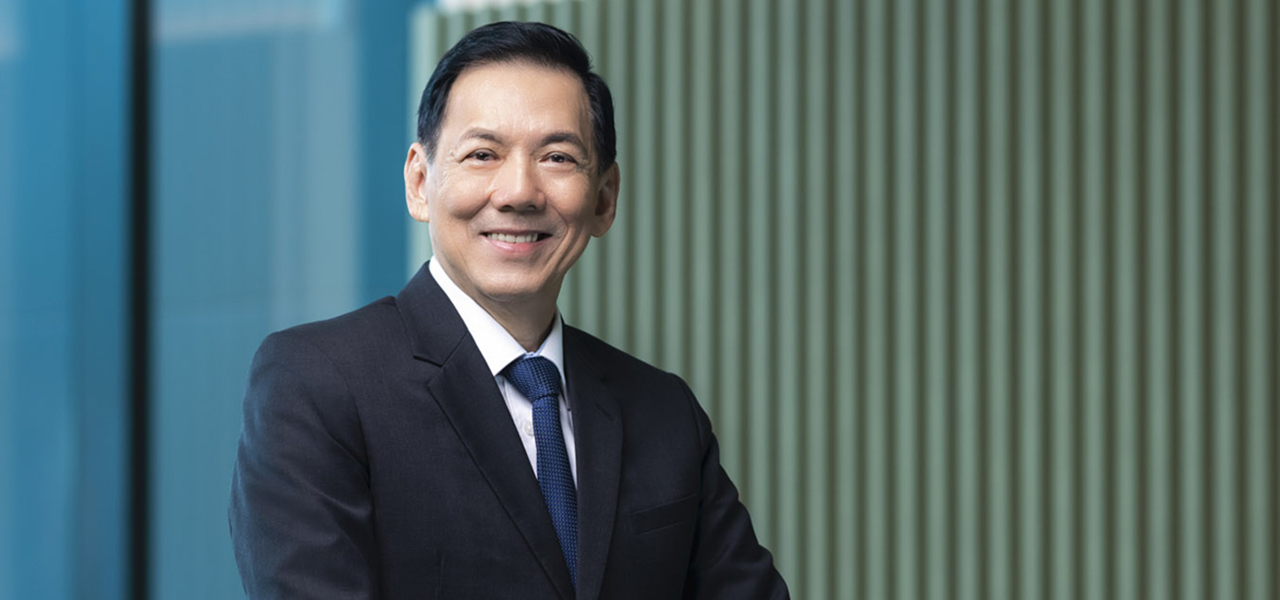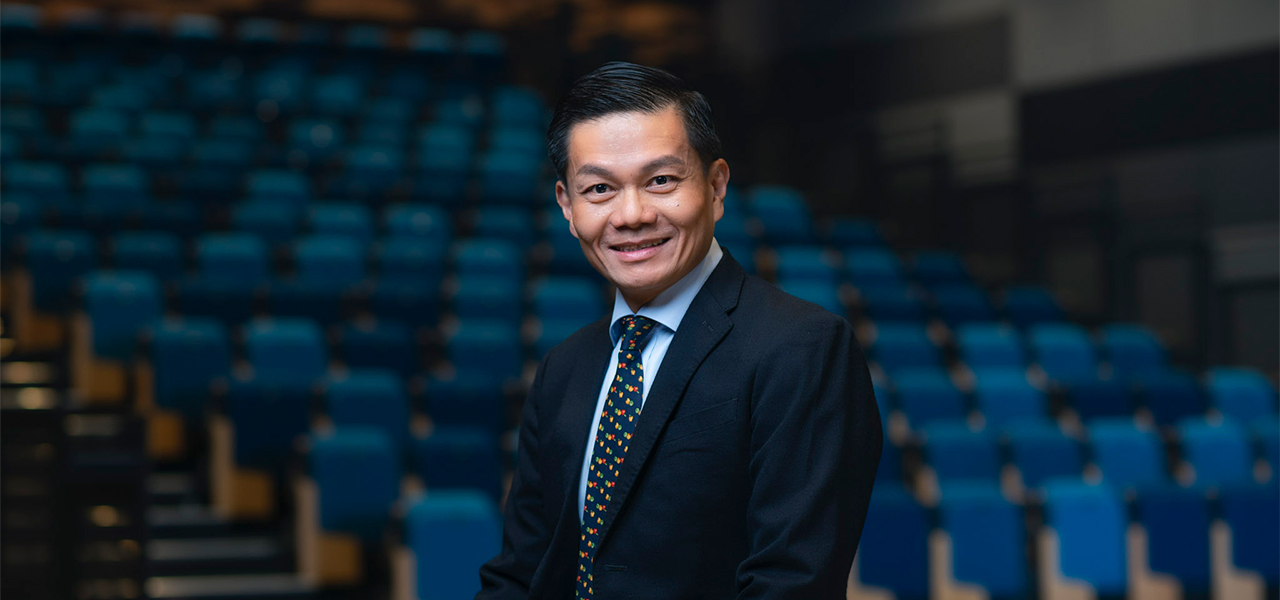Artificial Intelligence may seem like the latest wave of advanced, modern-day technology, but its roots have been around for much longer than most of us may realise. After all, in order to create intelligent machines that work and react like humans, there must first be a study of human behaviour – something which Mandy Tham was already doing some 20 years ago.
Before switching tracks to enter the finance industry, Mandy was an engineer programming robots and meddling with neural networks, which are algorithms modelled loosely after the human brain. “Back then, the roadblocks were a lack of big data to train machines to learn, and how computing power was expensive,” she recalls.
During that time, she discovered a personal fascination for the study of human behaviour, because of how unpredictable it can be. By then, she had also realised that she was adept at finance-related activities. “I guess finance just comes easier than biology for me. Because I am ruled more by the left brain than the right brain, so I am naturally more inclined towards a discipline that comes easier to the mind,” she says.
So when the dotcom bubble burst in 2000, she took a leap of faith and put aside her Bachelor’s degree and Masters in Electrical Engineering, to take on a Masters in Applied Economics, and PhD in Finance instead.
“All of a sudden, real asset value plunged, inventories piled up, retrenchment set in, and I wondered why I worked so hard to build real assets which could lose half their value overnight. Why didn’t I work harder to protect the value of real assets via financial engineering?” she says.
“It prompted me to seriously think about matchmaking quantitative skills acquired in engineering with financial economics. The marriage became ‘finance’.”
From there, her path became clear. She embarked on a journey that led to her current position as an Assistant Professor of Finance at the Singapore Management University Lee Kong Chian School of Business (SMU LKCSB) where she specialises in the study of behavioural finance – using psychology-based theories to explain how the market behaves.
She describes: “Fear, exuberance, illusion of control, herd instinct — these human compulsions and more are always trying to make their way into asset valuation somehow. The 5Ws and 1H then come into play — we try to figure out when the bias will appear, which bias will appear, what it does to markets and prices, why it appears, where it will appear, and how it manifests itself. That’s the fun part.”
Mandy is also the Academic Director for the Master of Science in Wealth Management (MWM) programme at LKCSB – a 12-month programme that covers the entire value chain of wealth management including processes as well as products and services related to wealth management from a practical perspective. Students are equipped with all the necessary skills and knowledge to manage investment returns and risks, as well as to tailor advice for clients to grow, preserve, and transfer wealth.
She considers finance both an art and a science. So wealth management gives her the opportunity to explore human behaviour in the form of cognitive and emotional biases, while applying her engineering skill sets such as logical thinking, quantitative modelling, programming skills, analytical skills and a problem-solving mindset.
Even in other areas of her life, Mandy also takes a very practical, down-to-earth approach to solve challenges. For example, when she was doing her postgraduate studies at the University of Michigan, she found it tough to cook Singapore food due to the lack of the right ingredients, and was often worried about her personal safety.
Her solutions were simple. “I became a clever cook and carted boxes of Prima Deli Laksa Paste across oceans. Plus, my landlady planted the most amazing tomatoes and spices in the garden and I got to help myself to them. As for safety and personal protection, I decided to bail a dog out of a shelter. He was named ‘Spanky’ at the shelter for the right reasons — he was mean and the perfect canine bodyguard for me,” she says.
It’s that same practicality which she brings to her teaching philosophy as well. So when asked for tips on how students can do well in class, her first suggestion is to simply make use of Google to be proactive in learning. She also suggests being physically and mindfully present during lectures and tutorials. After all “Apple stocks will not plunge in value if you do not touch your iPhones for those three hours,” she quips.





